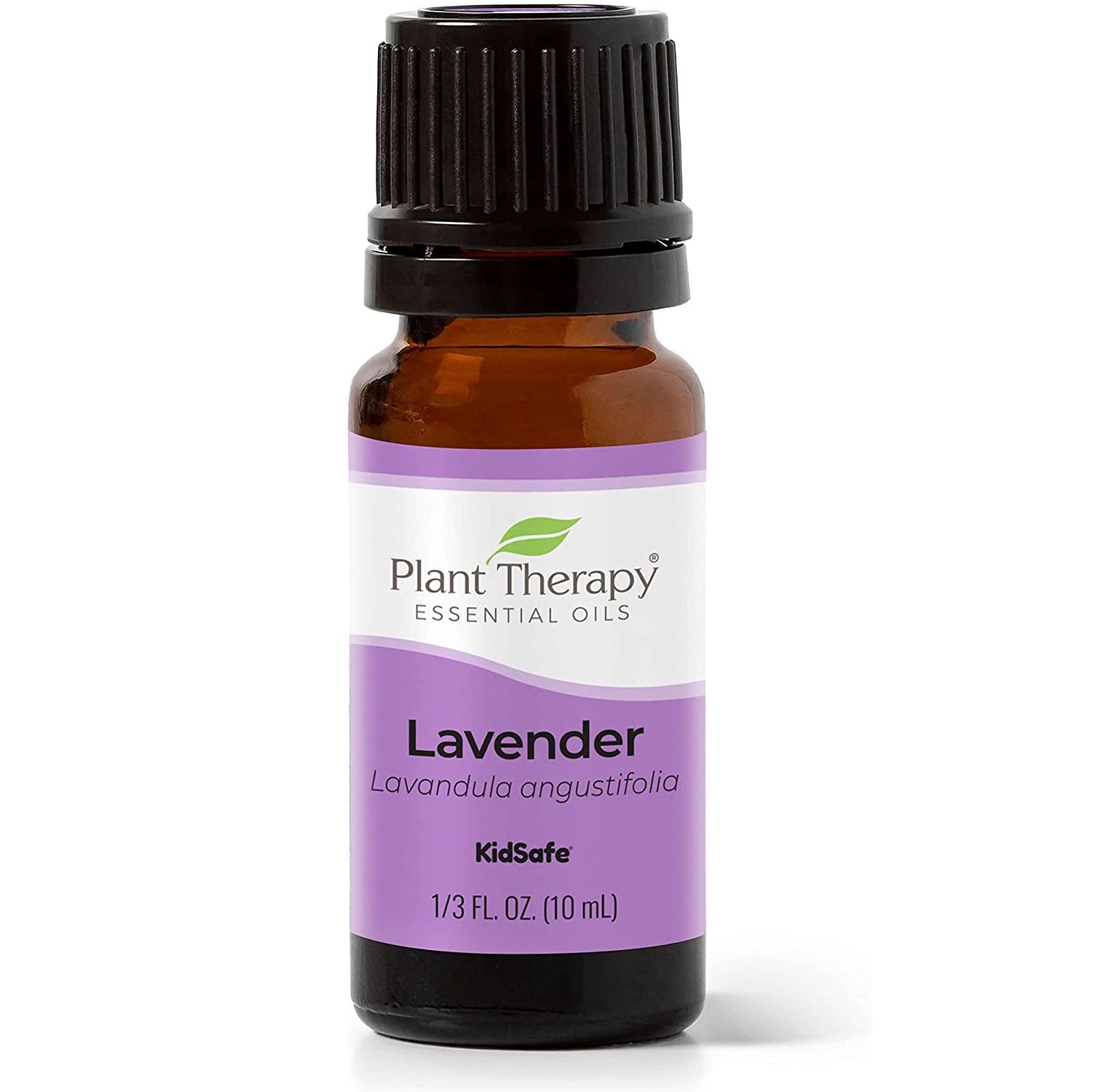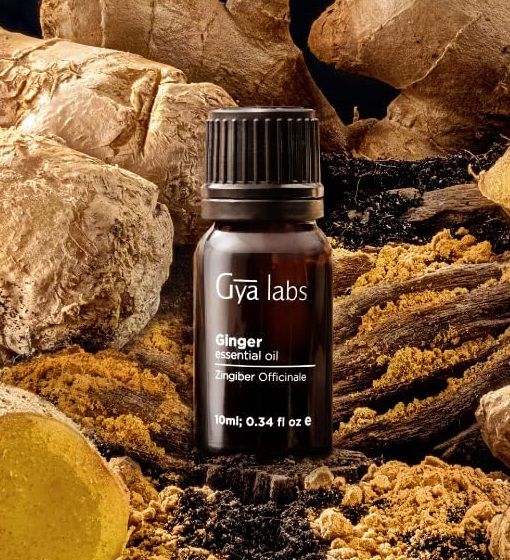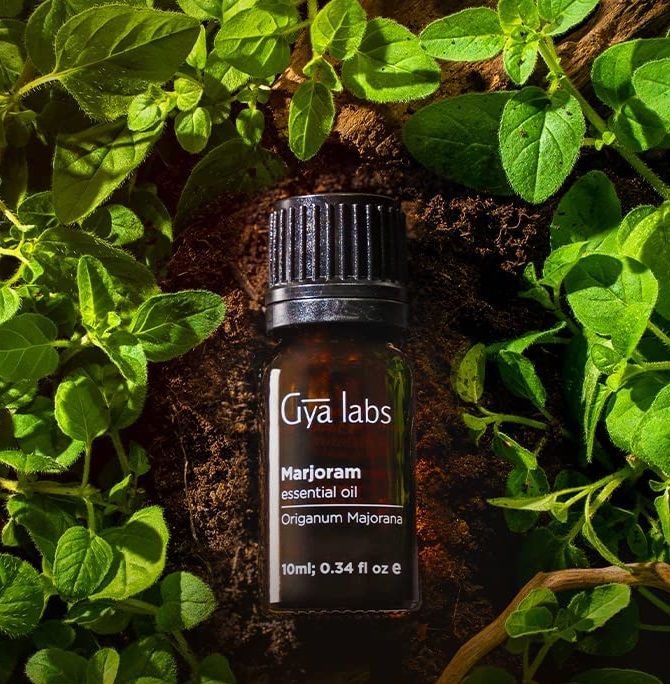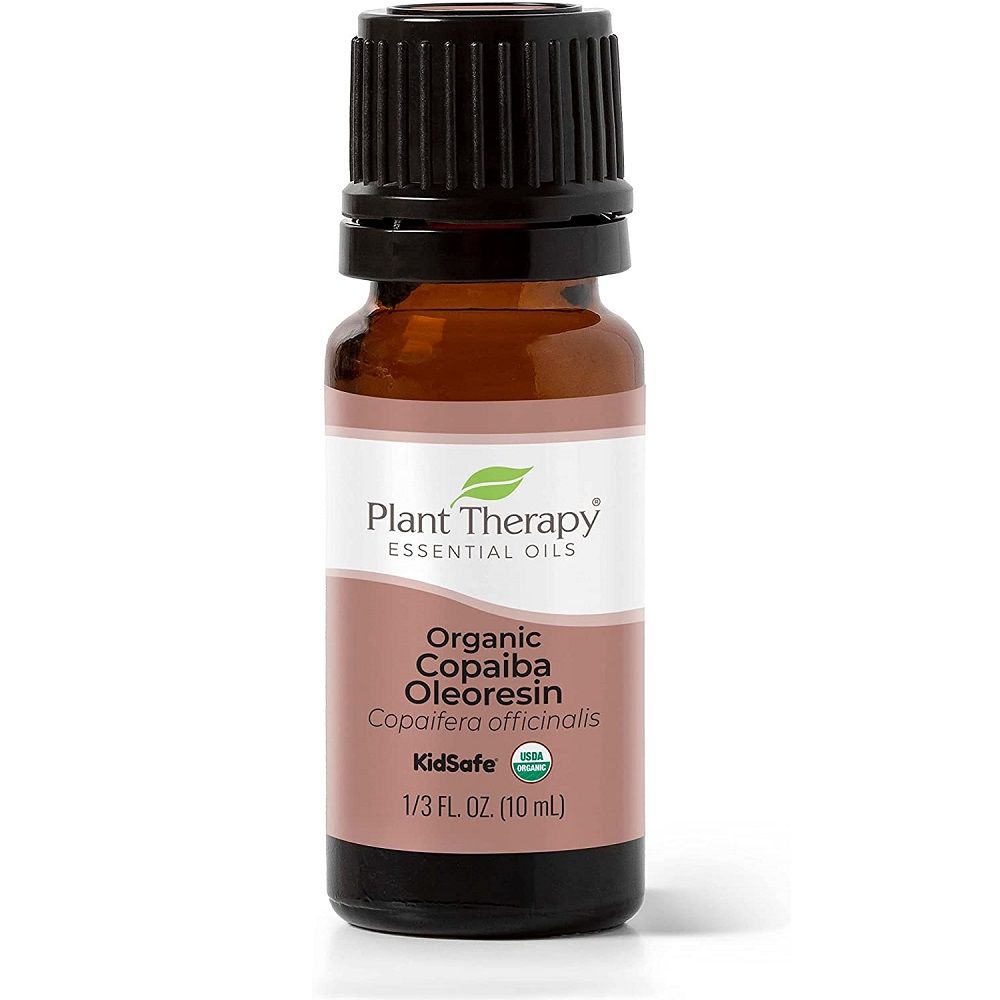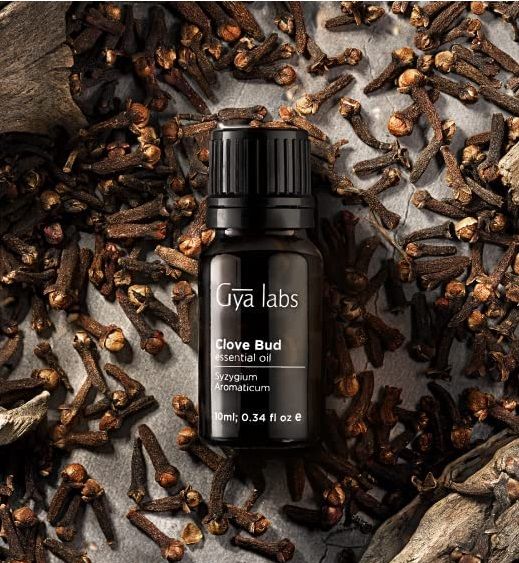6 Essential Oils for Teething: A Parent's Guide to Soothing Babies' Gums
Are you looking for a natural way to soothe your baby’s teething pains? Essential oils for teething are a great option to consider. Not only are they natural and safe, but they can also provide your little one with relief from the discomfort of teething.
Essential oils are extracted from plants and contain natural compounds that can help to reduce inflammation and pain. They can be used to soothe sore gums, reduce inflammation, and even help to stimulate the growth of new teeth. Plus, they smell great and are easy to use.
In this article, we’ll review the best essential oils for teething and how to use them to provide your baby with relief. We’ll also discuss the safety of using essential oils and how to choose the right one for your baby’s needs.
Ready to learn more about essential oils for teething? Read on to discover the best options available and how to use them safely and effectively. With the right essential oil, you can provide your little one with natural relief from teething pain and help them grow healthy teeth. Get ready to learn about the power of essential oils for teething and how they can help your baby feel better!
How We Choose The Best Essential Oils For Teething For You!
Essential oils can be a great way to soothe your baby's teething pain, but with so many different types and brands available, it can be hard to know which ones are safe and effective.
Our team of experts has read thousands of reviews on Amazon to find the best essential oils for teething. We've done all the hard work so that you can easily find and purchase the perfect oil for your little one.
No more guesswork or wasted money - just the perfect essential oil that will help ease your baby's discomfort! Check out our reviews of the best essential oils to mitigate teething pain today and give your little one some relief!
We hope you find your favorite essential oil to help soothe your baby's gums from the list below! Each product was independently selected by our team. BiohackingBeat may collect a share of sales or other compensation from the links on this page if you decide to buy something (that's how we fund our research). Happy shopping!
Gya Labs Roman Chamomile Essential Oil
Why We Love It
Gya Labs Roman Chamomile Essential Oil is a must-have for all parents! This natural essential oil is perfect for providing relief to your baby's teething pain. Research shows that the topical application of chamomile extract could help to reduce teething pain and irritability in babies [1]. It is also a natural sedative, making it great for soothing and calming your little one. Plus, it's non-toxic, so you don't have to worry too much about using it on a young infant.
Suggested Use
Gya Labs Roman Chamomile Essential Oil is easy to use! Simply mix a drop or two of chamomile essential oil to a base or carrier oil and rub it in a circular motion on your baby’s gums to subside teething pain. You can also dip a washcloth in chamomile tea and give it to your infant to chew. With Gya Labs Roman Chamomile Essential Oil, you can feel confident that your baby is getting all the natural relief they need. Get your Gya Labs Roman Chamomile Essential Oil today and give your baby the comfort they deserve!
Plant Therapy Organic Lavender Essential Oil
Why We Love It
Plant Therapy Organic Lavender Essential Oil is a must-have for those looking to soothe their baby's grumpiness and teething pain. This natural oil has many calming properties and its scent has been used in aromatherapy for centuries. Lavender oil is known to reduce pain in infants, while also providing relief from teething discomfort.
Suggested Use
Plant Therapy Organic Lavender Essential Oil can be used in a variety of ways. It can be diffused with an essential oil diffuser or left near the baby's crib on a cotton ball. It can also be applied on the gums with a carrier oil, such as coconut or jojoba oil, to further soothe the gums and provide relief from teething pain. Plant Therapy Organic Lavender Essential Oil is a safe and natural way to help calm and soothe your little one.
Gya Labs Pure Ginger Oil
Why We Love It
Gya Labs Pure Ginger Oil is a must-have for parents of teething babies! Extracted from steam-distilled ginger roots from Indonesia, this oil is 100% pure and undiluted. It's been rigorously tested for quality and safety, so you can use it with peace of mind. Plus, it has antimicrobial and anti-inflammatory properties, which may help relieve teething pain and soothe your baby's gums [2].
Suggested Use
Gya Labs' Pure Ginger Oil is a natural way to help your baby with teething pain. It's also safe to use and doesn't contain any harsh chemicals or additives. Simply mix a drop of ginger oil in a carrier oil and gently massage your baby's sore gums. This amazing oil is also great for adults who are looking for a natural remedy to support their overall health. So why wait? Get your own Gya Labs' Pure Ginger Oil today and enjoy its many benefits!
Gya Labs Marjoram Essential Oil
Why We Love It
Gya Labs Marjoram Essential Oil is a must have for all parents! This oil is a common culinary herb with traditional medicinal uses, such as relieving teething pain, increasing circulation and promoting relaxation.
Suggested Use
Gya Labs Marjoram Essential Oil is an incredibly versatile oil that provides many benefits. It is important to remember to dilute this oil properly before using it. It can be used in a variety of ways, including adding a few drops to a base oil and using it to massage gums or adding a few drops to a diffuser along with 2 drops of lavender oil to create a relaxing atmosphere.
Plant Therapy Copaiba Oleoresin Organic Essential Oil
Why We Love It
We love Plant Therapy's Copaiba Oleoresin Organic Essential Oil because it has so many uses and benefits! This unfiltered scented oil is extracted from the Copaiba trees in Brazil through a tree tapping process, and it is popular in traditional medicine due to its anti-inflammatory and antiseptic properties. Research has also highlighted that copaiba oil possesses pain-relieving effects, which may help relieve teething pain in infants.
Suggested Use
When using copaiba oil for teething, it is important to dilute it with carrier oils such as avocado or grapeseed oil. This helps to make sure it is not too strong for your baby's delicate skin and gums. Plant Therapy's Copaiba Oleoresin Organic Essential Oil can also be used to help reduce inflammation, promote healing, and provide relief from a range of other conditions too. So why wait? Get your bottle of this amazing oil today!
Gya Labs Clove Oil
Why We Love It
Gya Labs Clove Oil is an all-natural solution to help relieve toothache and teething pain in adults and babies. This strong concoction is derived from the clove bud and contains eugenol, a powerful compound which helps to reduce pain caused by muscle tension [3]. It's easy to use, making it a great go-to remedy for any dental pain.
Suggested Use
It's important to be cautious when using Gya Labs Clove Oil on babies. This oil should not be used for babies below 2 years, and should not be ingested. For an infant, it should be used in a blend at a ratio of 0.25 percent and massaged along the gums. It's always best to consult with a pediatrician/dentist or aromatherapist before using this oil on your child.
Top Essential Oils For Teething FAQs
It can be hard to figure out which essential oils are best for teething babies, especially when there are so many different brands and types on the market.
When it comes to teething, it's important to find an essential oil that is safe for your baby, but it can be tough to know which ones have what you need. We've compiled a list of the most frequently asked questions about essential oil use for teething so you can make an informed decision.
From organic and natural options to blends specifically designed for teething, our guide will help you find the best essential oil for your baby's needs. With our help, you can choose an essential oil that will soothe your baby's teething pain and provide them with the comfort they need.
How do you use copaiba oil for teething?
Copaiba oil is a great natural remedy for teething pain. It has anti-inflammatory and analgesic properties that help to reduce inflammation and pain. To use it, simply massage a few drops of copaiba oil onto the gums of your child. You can also add a few drops to a damp cloth and apply it to the gums as a compress. Make sure to use a high-quality, organic copaiba oil for best results.
How can I help my teething baby overnight?
There are several things you can do to help soothe your teething baby overnight. First, make sure they are getting enough fluids during the day, as dehydration can make teething pain worse. You can also give them a cold teething ring or a cold washcloth to chew on. You can also try rubbing a little bit of one of the essential oils mentioned in this post on their gums to provide some relief. Finally, make sure they are getting enough rest during the day, as well as a comfortable sleep environment.
Why is teething pain worse at night?
Teething pain is often worse at night because your baby's body is naturally releasing more hormones during sleep that can make the pain more intense. Additionally, babies may be more sensitive to teething pain at night because they are tired and may not be distracted by other activities. Finally, babies may be more likely to put their fingers in their mouths or chew on objects during the night, which can increase their discomfort. To help relieve your baby's teething pain, offer them a chilled teether or cold washcloth to chew on, and provide them with plenty of cuddles and comfort.
How long do sleepless teething nights last?
The duration of sleepless nights due to teething varies from child to child. Generally, teething can last anywhere from a few days to a few weeks. During this time, it is common for babies to experience fussiness, drooling, and difficulty sleeping. To help with the discomfort, you can give your baby cold teething rings or washcloths to chew on, or you can rub their gums with a clean finger. Additionally, giving your baby a dose of infant acetaminophen or ibuprofen may help with the pain and discomfort.
How do I know if I have sleep regression or teething?
It can be difficult to tell the difference between sleep regression and teething, as both can cause disruptions in your child's sleep. If your child is exhibiting signs of teething such as increased drooling, chewing on objects, or irritability, then it is likely that teething is the cause of the sleep disruption. If your child is not exhibiting any signs of teething and their sleep patterns have suddenly changed, then it is more likely that they are experiencing a sleep regression. If you are unsure, it is best to consult your pediatrician for advice.
What are essential oils?
Essential oils are potent plant extracts obtained through steam distillation or cold pressing of plants' leaves, stems, flowers, barks and roots. The volatile compounds in these precious oils generate the therapeutic properties that make them irreplaceable to aromatherapy and massage therapy treatments. Further applications for essential oil use include flavoring food and crafting household cleaners as well as beauty products.
How can you use essential oils for teething?
Essential oils can be used to help soothe teething pain in babies. The most commonly used essential oils to use for teething are chamomile, lavender, and clove oil.
It is important to dilute essential oils when using them for teething. Dilute a few drops of essential oil with a carrier oil, such as coconut oil or almond oil. Then, rub the mixture onto the baby's gums or along the baby's jawline, taking care to avoid the baby's face. You can also add a few drops of essential oil to a warm bath for the baby to soak in.
It's important to note that essential oils should never be given to a baby orally, and should always be diluted before use. It's also important to consult with a doctor or healthcare provider before using essential oils on babies.
How should essential oils be stored?
To ensure the potency of essential oils, keep them in a cool area where temperatures range from 40-70°F with minimal direct sunlight and heat. Investing in an airtight container made of dark materials such as glass or stainless steel is necessary for preserving freshness and avoiding oxidation due to light degradation. Additionally, make sure the essential oils are stored away from aromas that might cause their original scent to diminish over time.
Ingredients
- 4 drops Lavender essential oil
- 4 drops Roman Chamomile essential oil
- 10-ml roller bottle
- carrier oil such as almond oil or fractionated coconut oil
Instructions
- Add the oils to the roller bottle and fill with the carrier oil.
- Shake before use, and apply to the jawline.
Final Thoughts
If you’re looking for a safe and natural way to soothe your teething baby, essential oils could be the perfect solution. We’ve reviewed six of the best essential oils that can be used for teething and discussed their safety, effectiveness, and ease of use.
We hope this review has given you a better understanding of the potential benefits of essential oils for teething. As always, it’s important to speak with your healthcare provider before using any essential oils for teething.
If you’re ready to give essential oils a try, consider one of the six options we’ve highlighted here. With their safe, effective, and natural ingredients, these essential oils can provide you and your little one with the relief you’ve been looking for. So go ahead and find the one that’s right for you and get ready to enjoy the soothing benefits of essential oils! We wish you luck on your healing journey, and thanks for reading!
Citations
[1] Ebrahimi S, Ashkani S. A COMPARISON OF CHAMOMILE AND PLACEBO IN RELIEVING TEETHING SYMPTOMS. Archives of Disease in Childhood 2008;93:pw308.
[2] Rayati F, Hajmanouchehri F, Najafi E. Comparison of anti-inflammatory and analgesic effects of Ginger powder and Ibuprofen in postsurgical pain model: A randomized, double-blind, case-control clinical trial. Dent Res J (Isfahan). 2017 Jan-Feb;14(1):1-7. doi: 10.4103/1735-3327.201135. PMID: 28348610; PMCID: PMC5356382. https://www.ncbi.nlm.nih.gov/pmc/articles/PMC5356382/
[3] McIntyre, G. T., and G. M. McIntyre. "Teething troubles?." British dental journal 192.5 (2002): 251-255.



